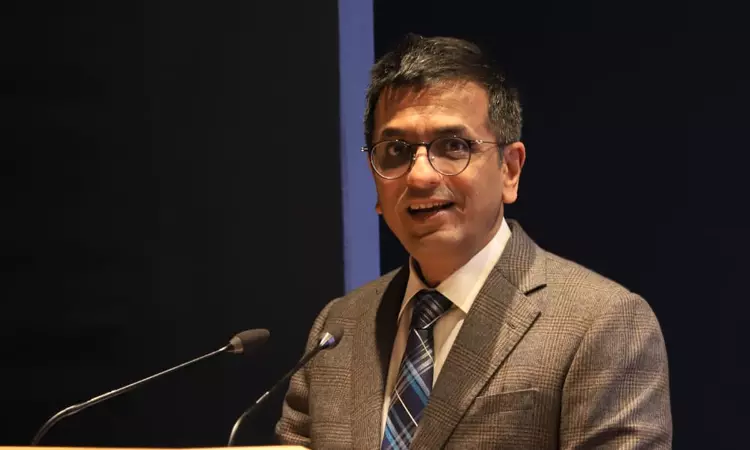Chief Justice of India DY Chandrachud, speaking at the Hindustan Times Leadership Summit 2023 on Saturday (4th November) said that judges don’t go by popular morality, but by constitutional morality. Constitutional morality, he explained, consists of those values of the constitution that the courts are intended to espouse such as fraternity, human dignity, personal liberty...

